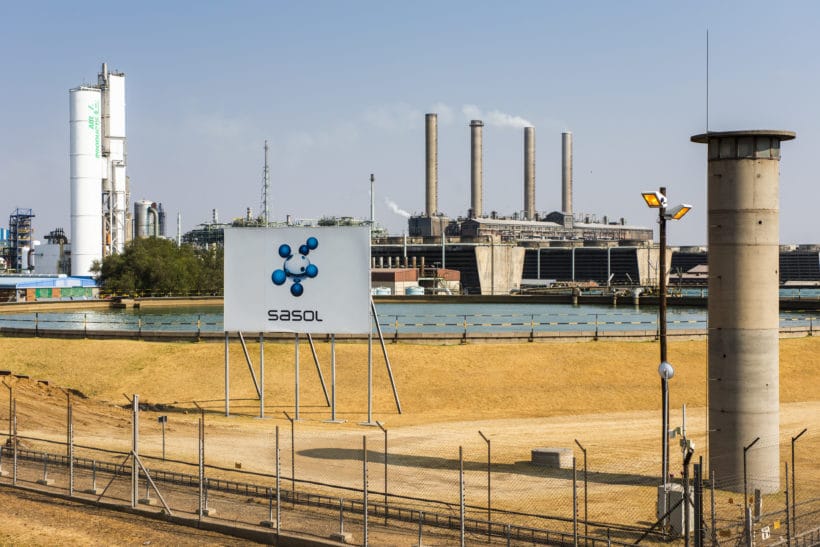
JOHANNESBURG, Sept 22 (Reuters) – South Africa’s fuel and chemical producer Sasol Ltd has raised its emissions reduction targets for 2030 to 30% from 10% previously in a bid to make the company a net zero carbon emitter by 2050, its CEO said on Wednesday.
The new targets come as the company faces pressure from investors and environmentalists to take decisive steps at its heavily polluting plants, often described as amongst the continent’s worst greenhouse gas emitters (GHG).
Fleetwood Grobler, CEO of Sasol said in an interview with Reuters that the company intends to cut down its GHG emissions from 63.9 million tonnes to about 44.73 million tonnes by 2030, up from 57.5 million tonnes as per its previous target.
“This works on three levers – increase of natural gas as a transition fuel, renewable power source and energy efficiency processes,” he said.
The world’s top manufacturer of motor fuel from coal consumes around 40 million tonnes of coal annually from its own mines and exports up to 4 million tonnes each year.
Read more: South Africa aims to bring pilot carbon capture project online in 2023
The petrochemicals major intends to gradually replace coal, with increased natural gas consumption which will be used as a transition fuel.
However, its coal consumption will, at a limited level, would still continue till 2040, he said.
“Our exports of coal are likely to come down to zero by 2030… the coal reserves will likely last till 2040,” Grobler said, adding that Sasol would not invest in any new coal mines or in extending the life of its mines.
He said with the reduction in coal consumption, a part of its workforce would also be redundant by 2030.
It will invest up to roughly 20 billion rand ($1.35 billion) annually to achieve the 2030 target, CFO Paul Victor said in a presentation.
($1 = 14.7651 rand)
(Reporting by Promit Mukherjee, Editing by Louise Heavens)